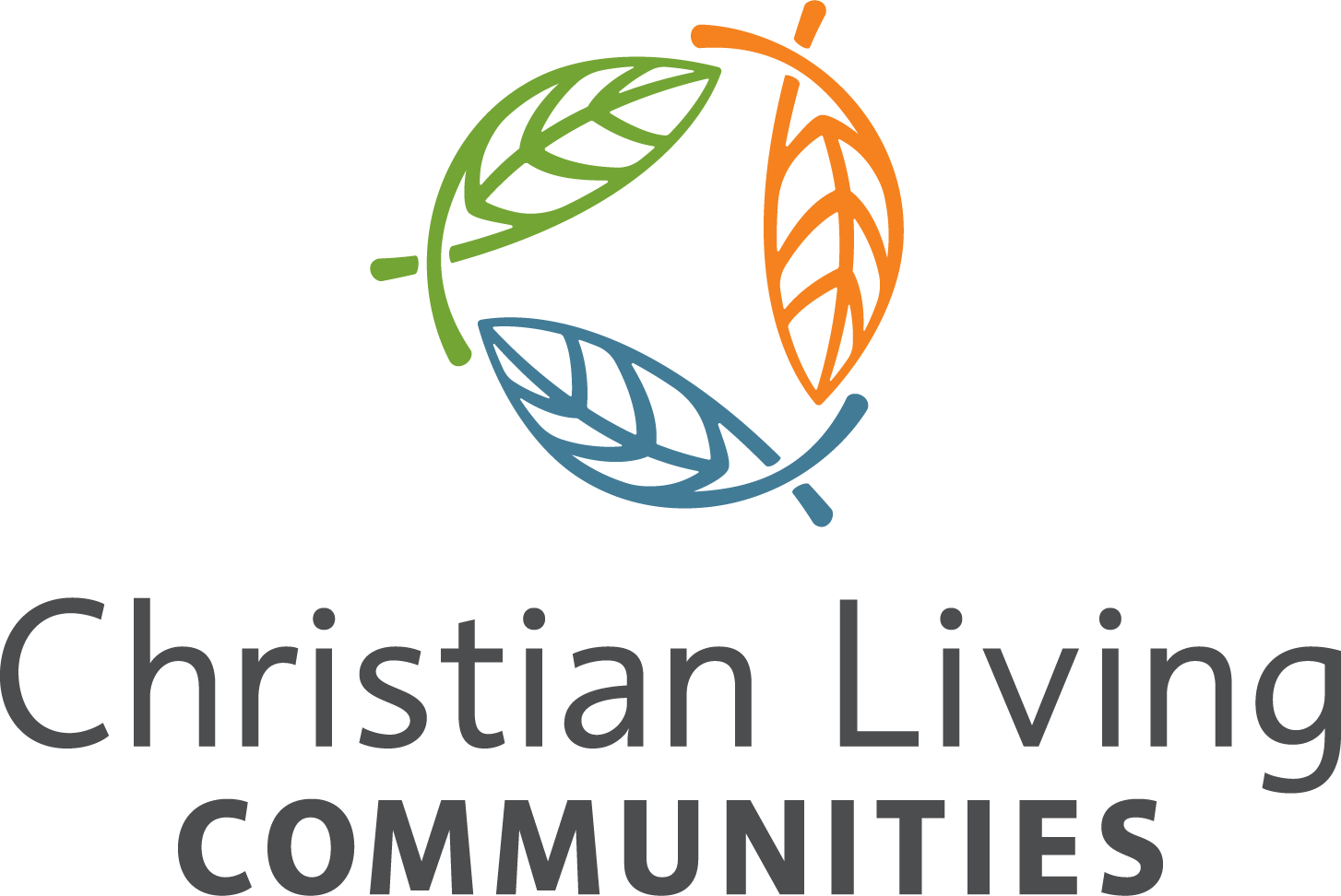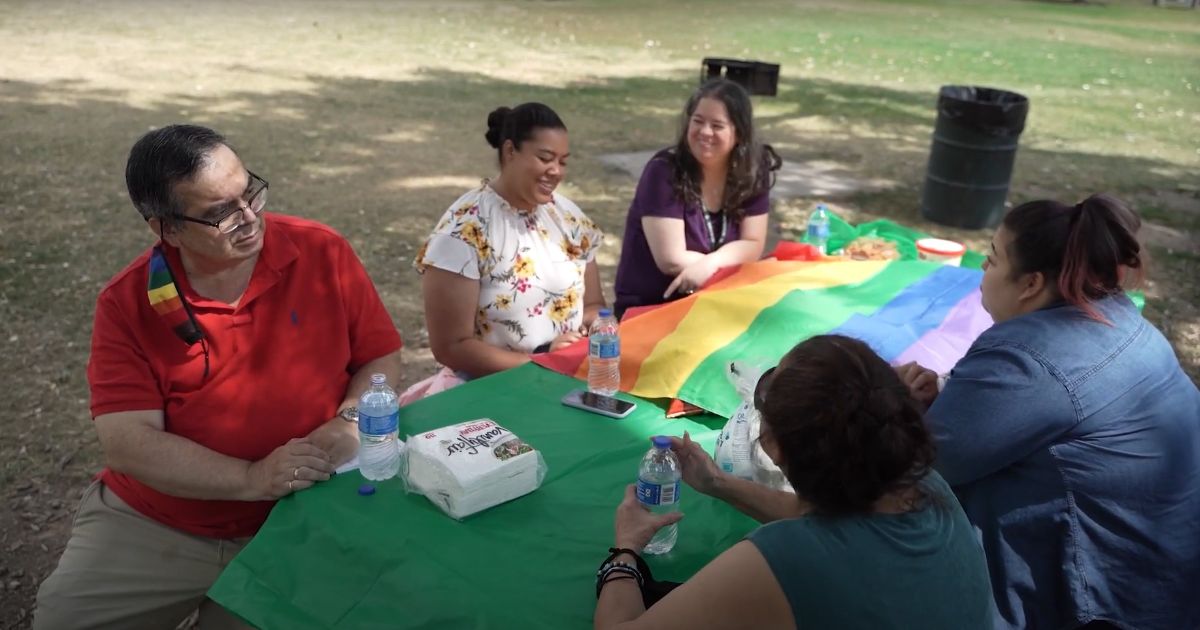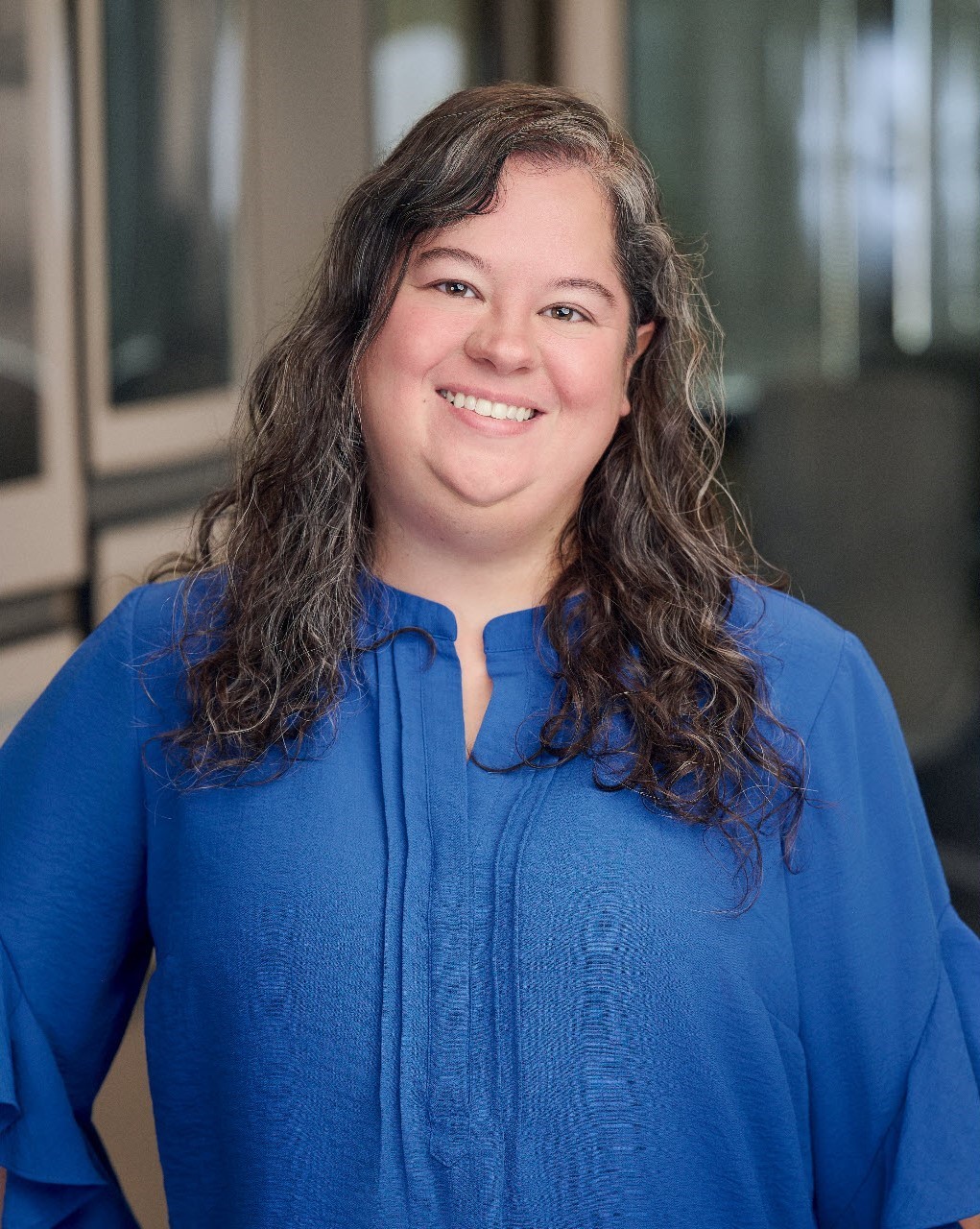Belonging – being well known and loved and accepted – is a basic human need. We’ve all seen the research showing that living a life of isolation and loneliness is devastating to our well-being, health and longevity. It is because of this that CLC has made a commitment to driving a deeper culture of belonging in the organization. Creating true belonging requires that each of us is able to bring our true selves to our interactions with, and relationships with, other people.
Being “who we are” might seem easy for some people. But for Lesbian, Gay, Bisexual or Transgender (LGBT) older adults it is anything but. After facing a lifetime of discrimination, a staggering 75 percent of older LGBT adults report that they must hide their identity (and therefore, their true selves) in order to avoid discrimination in long term care settings. Psychologists have long known that hiding parts of ourselves from others can take a serious toll on our health and well-being. For LGBT elders, it leads to higher rates of anxiety and depression, substance abuse, certain cancers, cardiovascular disease and suicide.[1] Prejudice and the stress of hiding who they are can reduce the life expectancy of LGBT+ people by a staggering 12 years compared to their straight peers.[2]
Knowing first hand the pain of not belonging, residents at Dayspring Villa, a CLC assisted living community, have been working to create a more welcoming community for LGBT residents since 2017. Their LGBT + Friends group is made of LGBT people and friendly allies (residents and team members) who meet monthly to create an inclusive and friendly space for all. A few years ago they began to imagine – what could help senior living communities like theirs become a more welcoming place where everyone felt they could belong?
Residents in the group recognized that team members have a very important part in this process. “Being told by team members that they accept all of my identities” was one of the things they said would most make them feel like they belonged. They wanted to help team members learn more about LGBT older adults, in the hope that it would create understanding, empathy, and acceptance. They knew that through their daily interactions and supportive care, team members would be able to help create a welcoming community where LGBT people would feel safe and that they belonged.
Thanks to a grant from the Colorado Health Foundation and a partnership with Carey Candrian, CLC was able to make a video to help build understanding and empathy for people who are LGBT. Caring for All: Opening Hearts and Minds features vulnerable and moving stories from residents and team members living and working in CLC communities. As they share their experiences, hopes, and fears, they show why connection and acceptance are so important to building both well-being and community.
“Our hope for this project was to humanize and demystify the LGBTQ community,” according to Candrian. “So we meet actual individual people and see the effects these statistics have on real people living in our communities and on their lives. It was about seeing people who are LGBTQ as people. Ordinary people living ordinary lives.”
Ordinary people such as Shirley, a resident of Clermont Park. “There are some things about me, as an LGBT person, that are the same about a non-LGBT person,” she shares in the video. “Things like wanting to be free, to be treated fairly by others, and to be able to love, and be loved, by the person of our choice.”
Last year, we hosted a series of video screenings in our communities, followed by learning-circle discussions. Screenings were attended by both team members and residents. Learning about the disparities that LGBT residents experience in healthcare and senior living, and the resulting impact on their health and well-being, made a difference. In a survey given out after the session, most respondents said that after watching the video they strongly felt they would do things differently to create a culture of belonging for their LGBT+ neighbors, residents, and teammates, including:
- Being more mindful around the language used with all residents
- Continuing to see others as having value
- Not always assuming someone has/had a husband or wife – asking about partners
- More awareness of language
- Creating safe places for people to share
- Continuing to love and care for people. Be a better listener.
- Be more aware of respecting people
“Everyone needs to watch this video!” one respondent wrote. “We’re all human beings. Treat others as you like to be treated.” wrote another.
Jill Vitale-Aussem, CLC’s President and CEO, sees this project as one aspect of the greater work of creating a culture of belonging at CLC: “That’s really what it comes down to,” she says – “that people of different faith backgrounds, of different ethnicities, different sexual orientations – all these different things – that people that live and work in our communities can find a home and experience true belonging.”
[1] “Understanding Issues Facing LGBT Older Adults”, SAGE USA, 2017
[2] “On The Margins”, Harvard Medical Magazine, Winter 2020
About the Author
Stormie Foust Maley, Annual Giving Manager, is a born Midwesterner and Certified Eden Alternative Educator who believes passionately that individuals can make a difference in the lives of others. She worked for nine and a half years at Dayspring Villa Assisted Living, a neighborhood of Christian Living Communities, prior to her role as Annual Giving Manager. There she learned firsthand the joy of building a purposeful and resilient community through a person-directed care mindset.


